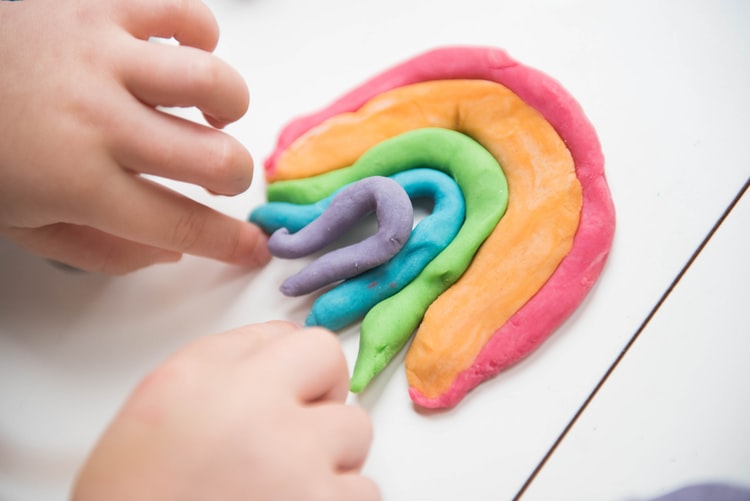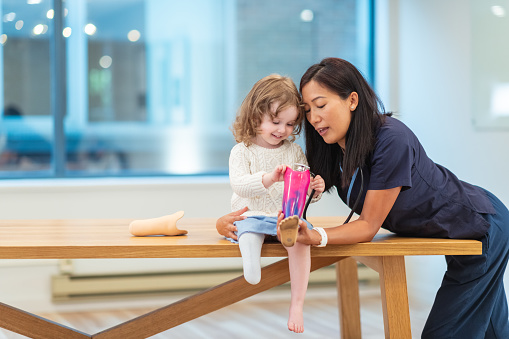A closer Look
Our school-based services aim to bridge the gap between education and community well-being.
Occupational Therapy
- Identifies barriers that limit or inhibit access to successful participation in educational settings.
- Evaluates the components of social competence and determines whether a child’s motor, social-emotional, and cognitive skills, ability to interpret sensory information, and the influence from home, school, and community environments have an impact on his or her ability to meet the demands of school and during the transition to young adulthood.
- Offers consultation with parents, teachers, and other related service providers that explains the impact a disability can have on cognition and learning using norm reference assessments.


Speech Therapy
- Promotes communication skills that allow a child improved access to the curriculum while collaborating with special education by providing evaluations to delineate underlying areas of need that affect overall learning and success.
- Overtly teaches social communication skills to help students to understand and use body language, tone intention, and liberal/figurative vocabulary to navigate interactions with peers, teachers, and families.
Physical Therapy
- Diagnosing movement dysfunction and developing a treatment plan.
- Teach patients how to properly use therapeutic exercise techniques.
- Providing stimulation or massage to promote healing.
- Assisting patients with the use of equipment such as wheelchairs or walkers.


A Teacher of Students with Visual Impairments (TVI)
- Supports students with visual impairments through a combination of evaluation and assessment leading to specialized instruction and services promoting independent access to grade level academic curriculum.
- Provides braille instruction and access to assistive technology.
- Carries out Functional Vision Assessments and Learning Media Assessment to determine best instructional methods for each child.
- Offers in-service training for school teams on specific visual impairments, accommodations, and use of low-vision technology.
- Administers specialized assessments and services for children with Cortical Visual Impairment (CVI) and multiple disabilities related to visual impairments.
- Provides transition services for students between the ages of 14-21, such as intensive instruction in the Expanded Core Curriculum (ECC) and partnership with New Hampshire Vocational Rehabilitation.